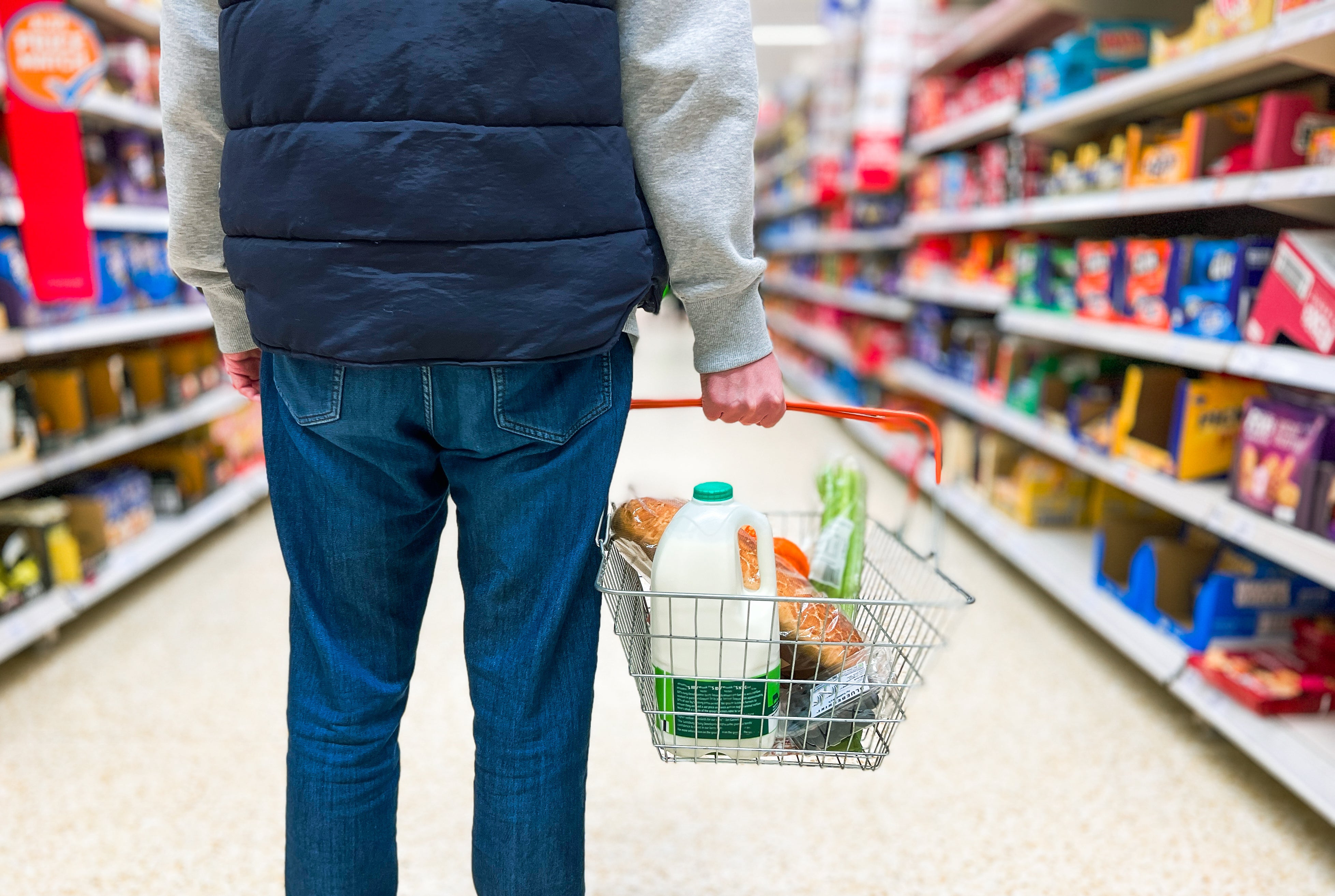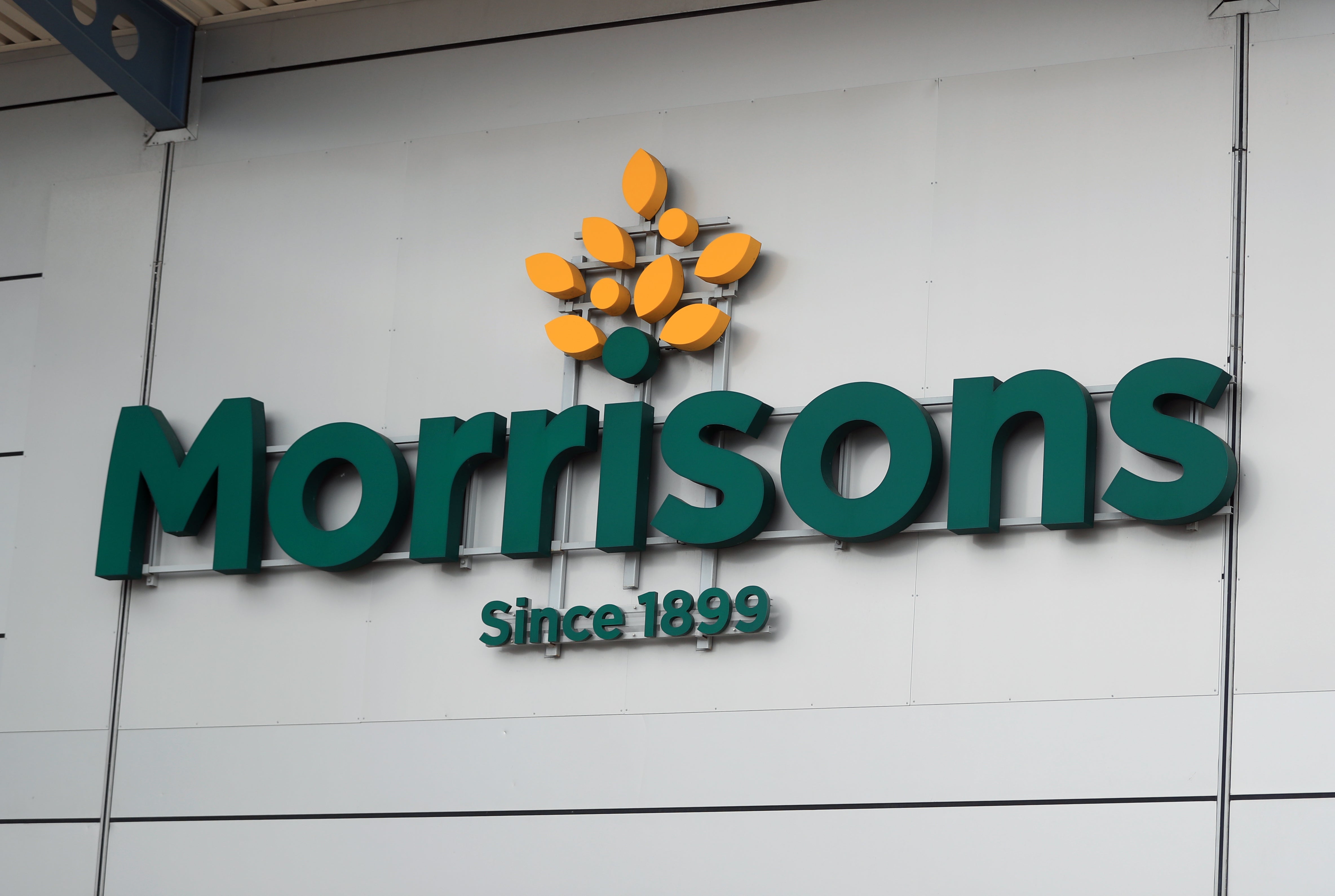Warning to convenience store shoppers over cost of essentials like milk
Marked up prices may cost shoppers up to £800 a year

Your support helps us to tell the story
From reproductive rights to climate change to Big Tech, The Independent is on the ground when the story is developing. Whether it's investigating the financials of Elon Musk's pro-Trump PAC or producing our latest documentary, 'The A Word', which shines a light on the American women fighting for reproductive rights, we know how important it is to parse out the facts from the messaging.
At such a critical moment in US history, we need reporters on the ground. Your donation allows us to keep sending journalists to speak to both sides of the story.
The Independent is trusted by Americans across the entire political spectrum. And unlike many other quality news outlets, we choose not to lock Americans out of our reporting and analysis with paywalls. We believe quality journalism should be available to everyone, paid for by those who can afford it.
Your support makes all the difference.Shoppers could be paying massively marked-up prices for essentials like milk, bread and butter depending on where they buy, a new report has revealed.
Analysis from Which? shows that people who shop at convenience store locations in the UK may be paying hundreds more a year for basic items.
Research also shows that over half of the population uses these smaller convenience locations at least once a week, and can expect to pay more every time they do so.
Of all the supermarkets, Morrison’s Daily had the biggest price mark-up, with customers paying 21 per cent more on average than they would for the same products at a larger store.

It was found that a weekly basket of 42 grocery items would cost £16 more between the two kinds of store. Over the course of a year, this could add up to £832.
Also analysed were Sainsbury’s Local stores – 14 per cent more expensive than their larger counterparts – and Tesco Express stores, which are 11 per cent more expensive.
Essentials like milk, butter and bread also see a markup. Across all three stores, shoppers can expect to pay an average of 8 per cent more for milk, while bread can cost as much as 14 per cent more, and butter up to 20 per cent.
Researchers also broke down the products which saw the largest price increases. Morrison’s own-label chickpeas saw the highest rise, increasing from 49p to £1 – a 104 per cent increase.
The next highest was Sainsbury’s own-label butterbeans with a 67 per cent increase from 48p to 80p. At Tesco the most marked-up product is a six-pack of Mr Kipling Bakewell Slices, rising 54 per cent from £1.50 to £2.32.
Why do convenience stores cost more than larger supermarkets?
Supermarket chains say that the higher prices at convenience locations reflect the higher operating costs of the stores. Responding to the Which? findings, Tesco said its smaller stores are largely in built-up areas where rents, rates and other costs are higher.
Sainsbury’s and Morrisons declined to provide comment.
Steve Burt, professor of retail marketing at the University of Stirling’s Institute for Retail Studies, said: ‘Space costs tend to be higher due to rent and business rates, and it’s less economically efficient to replenish smaller stores in town centres.
“Instead of sending one large articulated lorry to one huge store, they must deliver the same quantity of products to 10 or 20 stores.”
However, Which? has taken issue with other supermarket business practices, most recently criticising the now-commonplace practice of loyalty pricing.
Join our commenting forum
Join thought-provoking conversations, follow other Independent readers and see their replies
Comments